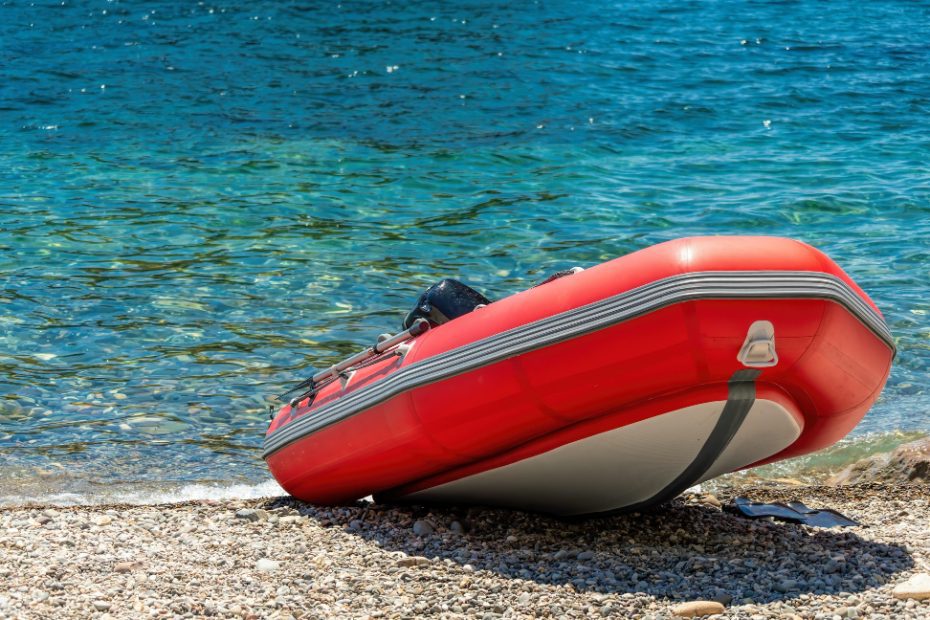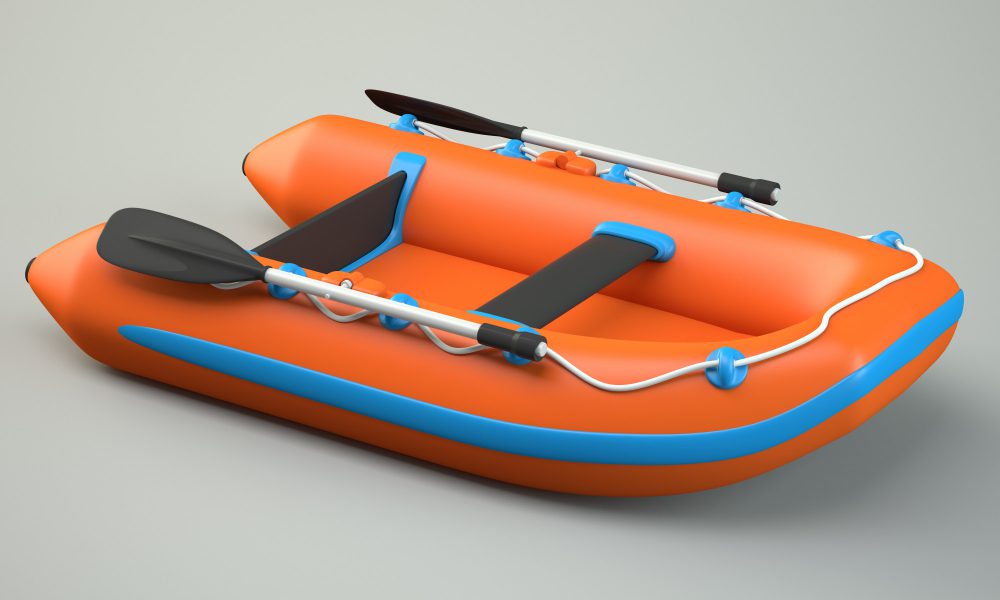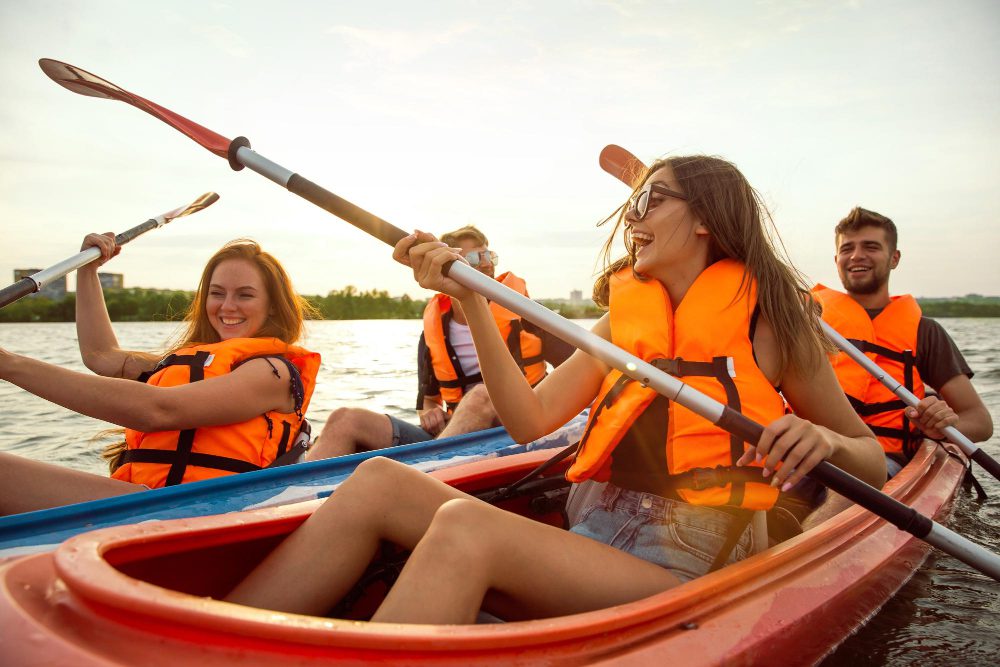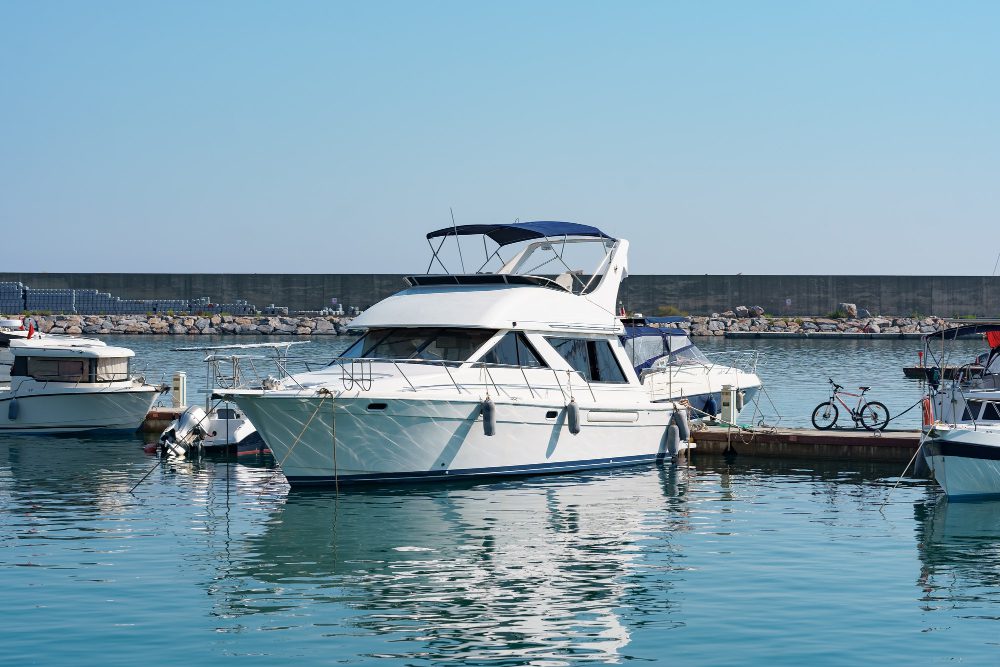What is a small boat?
A small boat is a watercraft that is typically designed for recreational or transportation purposes and is smaller in size compared to larger vessels such as yachts, ships, or ferries. These boats are usually powered by oars, sails, or engines and can be used for various activities like fishing, leisure cruising, watersports, or as tender boats for larger vessels.
Types of Small Boats
There are several types of small boats available, each with its own unique characteristics and uses. Some common examples include:
- Rowboats: These boats are propelled by oars and are often used for recreational purposes or fishing in calm waters.
- Canoes and kayaks: These lightweight boats are designed for paddling and are commonly used for activities like whitewater rafting, fishing, or exploring lakes and rivers.
- Sailboats: These boats utilize the power of wind to propel them forward and are popular among sailing enthusiasts for leisure sailing or competitive racing.
- Motorboats: These boats are equipped with engines and provide greater speed and maneuverability, making them suitable for activities like water skiing, wakeboarding, or cruising.
- Dinghies: These small boats are often used as tender boats to transport people or supplies between a larger vessel and the shore.
Uses of Small Boats
Small boats have a wide range of uses and can be enjoyed by people of all ages and skill levels. Some common uses of small boats include:
- Recreational boating: Many individuals and families enjoy using small boats for leisure activities such as fishing, picnicking, or simply exploring the waterways.
- Water sports: Small boats are often used for various water sports like wakeboarding, waterskiing, tubing, or sailing regattas.
- Commercial fishing: In coastal areas, small boats are frequently used for commercial fishing, allowing fishermen to access shallow or restricted areas where larger vessels cannot reach.
- Search and rescue operations: Small boats are crucial in emergency situations for search and rescue missions, providing quick response and access to areas where larger rescue ships cannot navigate.
The joy of boating is not just limited to the activity itself but also encompasses the freedom, relaxation, and connection with nature that it brings.
Small boats can provide a sense of freedom and adventure, allowing people to explore new places, enjoy peaceful moments on the water, and connect with nature. Whether it’s a serene lake, a winding river, or the vast ocean, small boats offer a gateway to unforgettable experiences.
What Types of Small Boats Are There?
When it comes to small boats, there are several different types to choose from, each with its own unique features and purposes. Whether you’re looking for a boat for fishing, leisurely boating, or water sports, here are some popular types of small boats:
1. Dinghies
Dinghies are small, open boats typically used as tenders for larger vessels. They are often lightweight and easy to row or sail, making them versatile for various tasks.
2. Jon Boats
Jon boats are flat-bottomed boats with a squared-off bow and stern. They are commonly used for fishing in shallow waters and are known for their stability.
3. Kayaks and Canoes
Kayaks and canoes are narrow, lightweight boats that are propelled using paddles. They are great for exploring calm rivers, lakes, and other bodies of water.
4. Inflatable Boats
Inflatable boats, also known as inflatable dinghies, are made of flexible tubes filled with air. They are portable and easy to store, making them ideal for those who value convenience.
5. Pontoon Boats
Pontoon boats are characterized by their flat deck and pontoons, which provide stability and buoyancy. They are spacious and often equipped with amenities such as seating areas, grills, and even waterslides.
6. Skiffs
Skiffs are shallow-draft boats designed for fishing in calm and shallow waters. They are usually small in size, making them easy to maneuver in tight spaces.
7. Jet Boats
Jet boats are propelled by a water jet instead of a propeller. They are known for their speed and maneuverability, making them popular for water sports such as wakeboarding and water skiing.
8. Bass Boats
Bass boats are specifically designed for bass fishing. They often feature a flat deck, swivel chairs, and specialized equipment for locating and catching bass.
9. Sailboats
Sailboats come in various sizes, but small sailboats are commonly used for recreational sailing. They rely on the wind to propel them and can be a peaceful and eco-friendly way to enjoy the water.
10. Rowboats
Rowboats, as the name suggests, are powered by rowing. They are simple and quiet, making them perfect for enjoying a peaceful day on the water.
Remember, the type of small boat you choose will depend on your specific needs and preferences. Whether you’re looking for a boat for fishing, leisure, or water sports, there’s a small boat out there waiting to take you on your next adventure!
Is a small boat called a dinghy?
A small boat that is commonly referred to as a dinghy is a type of watercraft that is typically used for recreational purposes or as a tender to a larger vessel. Dinghies are known for their small size, lightweight construction, and versatility in different water conditions.
Origin of the term “dinghy”
The word “dinghy” is believed to have originated from a Hindi word “dingi,” which referred to a small boat used in India. The term made its way into the English language during the colonial era.
Characteristics of a dinghy
Dinghies are usually less than 5 meters in length and are designed to be easily maneuverable. They typically have flat bottoms, a shallow draft, and a small sail area, making them suitable for sailing in calm waters or near the shore. Many dinghies are also equipped with oars or an outboard motor for propulsion.
Uses of a dinghy
Dinghies serve various purposes depending on the individual’s preference. Some people use dinghies for leisurely activities such as fishing, exploring coastal areas, or simply enjoying a day out on the water. Others use dinghies as tenders to transport people or supplies between a larger vessel and the shore.
Benefits of a dinghy
There are several advantages to owning a dinghy. Firstly, their small size makes them easy to store, transport, and launch. They are also relatively affordable compared to larger boats, making them accessible to a wider range of people. Additionally, dinghies can provide an exciting and engaging experience for sailing enthusiasts.
Dinghies in popular culture
Dinghies have made appearances in various forms of popular culture. They are often featured in movies or television shows set near the coast or on the water. Dinghy racing is also a common competitive sport in many coastal regions.
Quote: “A dinghy may be small, but it can offer big adventures.”
Do small boats have names?
A common question that arises among boating enthusiasts is whether small boats have names. This article aims to shed light on this topic and provide clarity on the naming conventions for small watercraft.
Importance of Boat Names
While it is not mandatory for small boats to have names, many boat owners choose to give their vessels unique and meaningful names. Having a boat name adds a personal touch and creates a sense of identity for the owner.
The Naming Process
The process of naming a small boat is entirely up to the owner’s discretion. Some individuals opt for traditional or nautical-themed names, while others prefer more creative and unique options. The chosen name can be inspired by personal experiences, hobbies, or even reflect the boat’s characteristics.
Boat Name Ideas
If you’re struggling to come up with a name for your small boat, here are a few ideas to get your creative juices flowing:
- Nautical-inspired names: Wave Rider, Sea Breeze, or Captain’s Delight.
- Geographical names: Lakeview, River Runner, or Coastal Explorer.
- Pun-based names: Knot Working, Reel Fun, or Buoy Oh Buoy.
Boat Etiquette
When choosing a boat name, it’s important to consider the appropriateness and potential offensiveness. It is recommended to avoid using offensive language or names that may be misinterpreted or cause discomfort to others.
Boat Identification
In addition to personalizing your small boat, having a name serves a practical purpose by allowing for easy identification. This is particularly useful in marinas or busy waterways where multiple boats are present.
Conclusion
In conclusion, a small boat is commonly known as a dinghy. With their compact size, lightweight construction, and versatility, dinghies are a popular choice for recreational boating and as tenders to larger vessels. Whether used for leisurely activities or transportation purposes, dinghies provide an enjoyable and accessible way to experience the water.
In conclusion, while naming a small boat is not obligatory, it adds a personal touch and allows for easy identification. Whether you opt for a traditional, creative, or pun-based name, the choice is yours. Just remember to be respectful and considerate when selecting a boat name, ensuring it brings joy to both you and others who encounter your vessel on the water.



